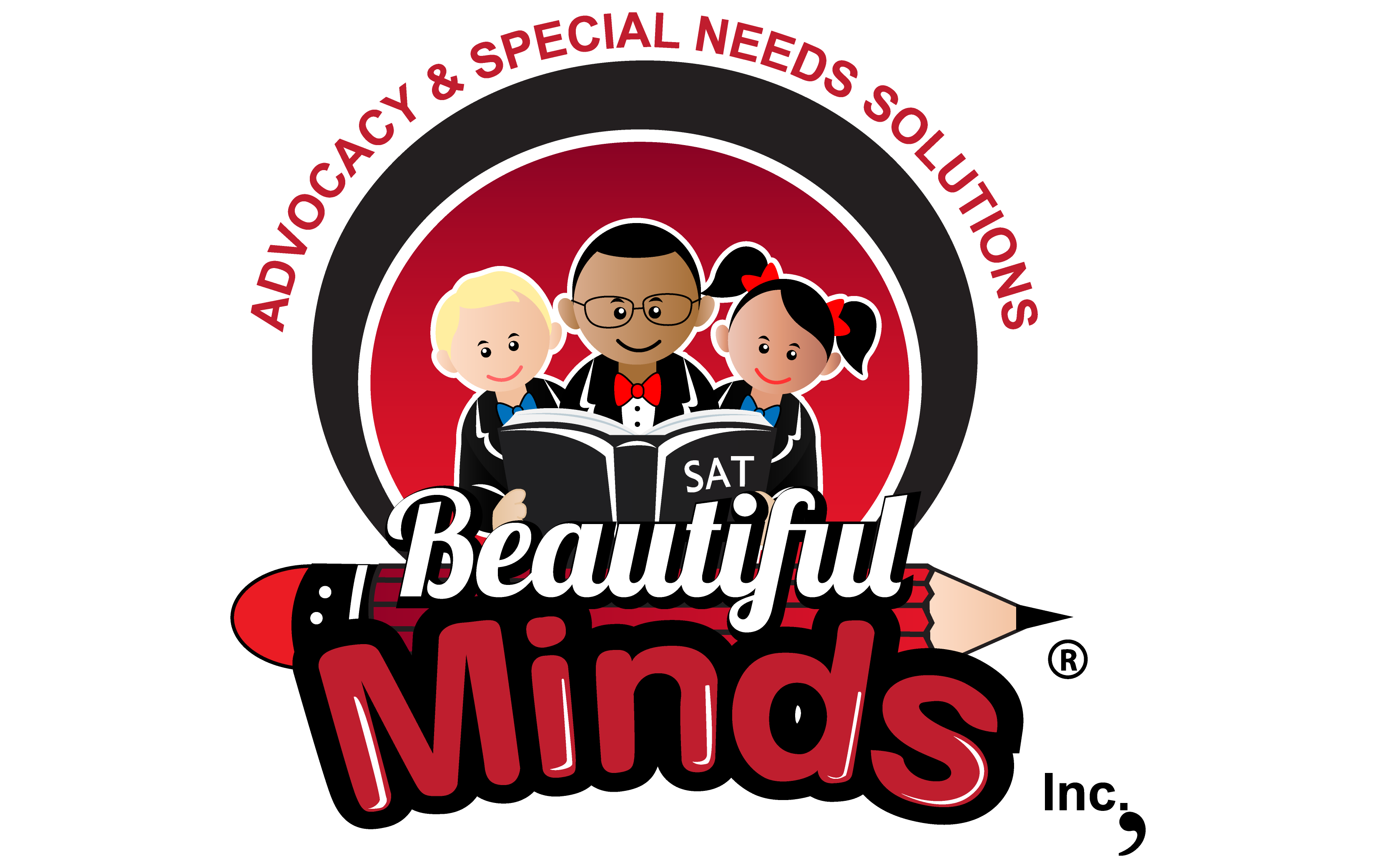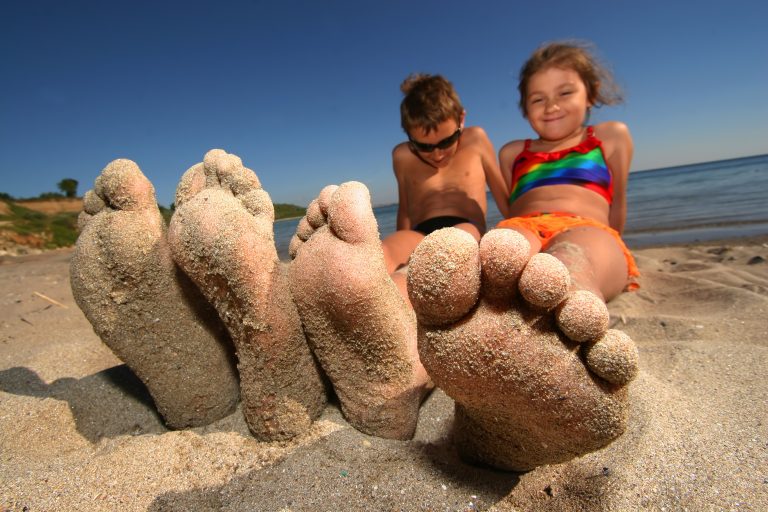By: Dr. Ifeanyi Ufondu, Ph.D
The school bell may stop ringing, but summer is a great time for all kinds of educational opportunities. Children with learning disabilities particularly profit from learning activities that are part of their summer experience — both the fun they have and the work they do.
Beautiful Minds Inc. found Dr. Ifeanyi Ufondu, Ph.D. has packed this virtual Beach Bag of activities for teachers to help families get ready for summer and to launch students to a fun, enriching summer.
In the virtual Beach Bag you’ll find materials you can download and distribute, but you’ll also find ideas for things that you may want to gather and offer to students and parents and for connections you’ll want to make to help ensure summer learning gain rather than loss.
– Put an article on strategies for summer reading for children with dyslexia in your school or PTA newsletter. Send it home with your students to the parents.
If many of your students go to summer camp, send the parents When the Child with Special Needs goes off to Summer Camp an article by Rick Lavoie which tells parents what to do to support their children during camp.
– Teach them an important skill they can use over the summer. Read Teaching Time Management to Students with Learning Disabilities to learn about task analysis, which families can use to plan summer projects.
– Make sure your students are able to read over the summer — put books into children’s hands. Register with First Book and gain access to award-winning new books for free and to deeply discounted new books and educational materials.
– Tell your parents about Recording for the Blind and Dyslexic, which allows their children to listen to books over the summer.
– Encourage writing. Send The Writing Road home to your parents so they can help their children. Give each of your students a stamped, addressed postcard so they can write to you about their summer adventures.
– Get your local public library to sign kids up for summer reading before school is out. Invite or ask your school librarian to coordinate a visit from the children’s librarian at the public library near the end of the school year. Ask them to talk about summer activities, audio books, and resources from the National Library for the Blind and Physically Handicapped. Have them talk about summer activities at the library and distribute summer reading program materials.
– Study reading incentive programs by publishers and booksellers such as Scholastic’s Summer Reading Buzz, HarperCollins Children’s Books Reading Warriors, or the Barnes & Noble Summer Reading Program. If you think these programs will motivate your students, let the families know about them. Find ways to make accommodations so they can participate if necessary.
– Offer recommended reading. LD OnLine’s Kidzone lists books that are fun summertime reads. The Association for Library Services to Children, a division of the American Library Association, offers lists for summer reading. Or ask your school or public librarian for an age-appropriate reading list.
– Encourage your parents to set up a summer listening program which encourages their children to listen to written language. Research shows that some children with learning disabilities profit from reading the text and listening to it at the same time.
– Offer recommendations for active learning experiences. Check with your local department of parks and recreation about camps and other activities. Find out what exhibits, events, or concerts are happening in your town over the summer. Encourage one of your parents to organize families of children with learning disabilities together for learning experiences.
Dr. Ufondu also desires for parents to plan ahead. Work with the teachers a grade level above to develop a short list of what students have to look forward to when they return to school in the fall. Many kids with learning disabilities will want to study over the summer so that they can get a head start.

